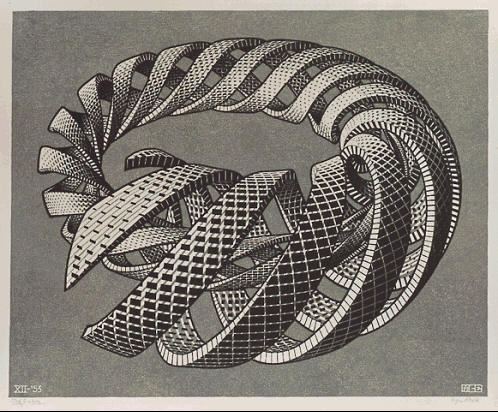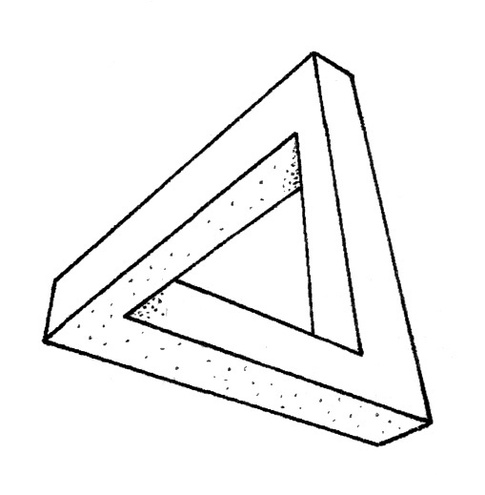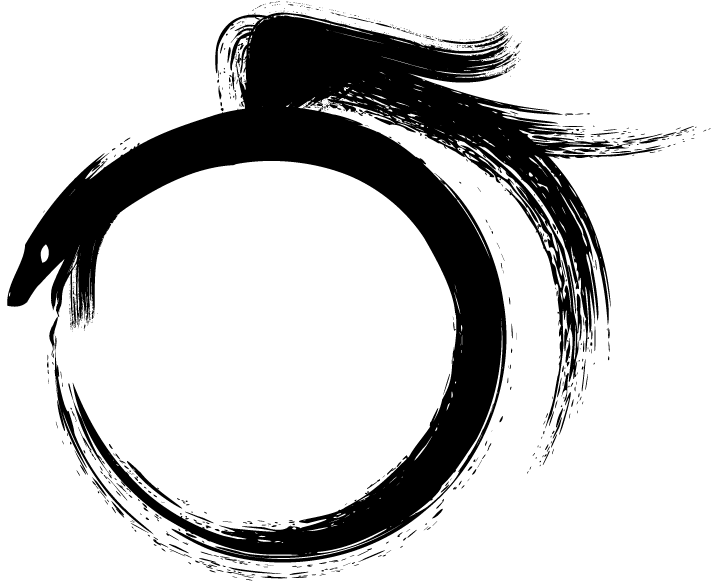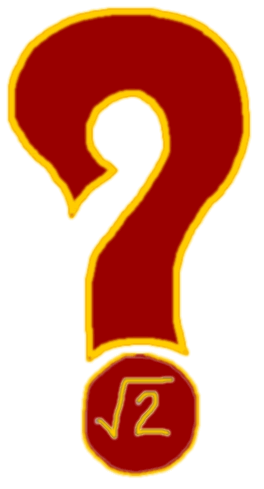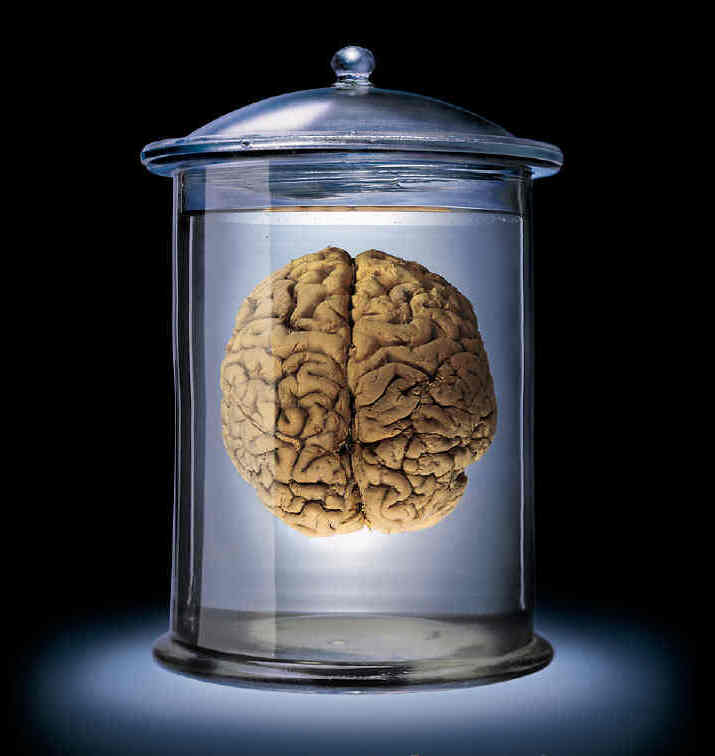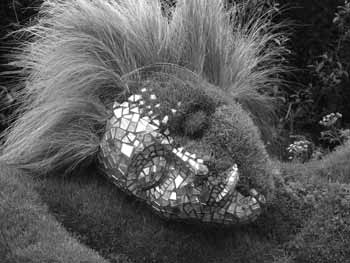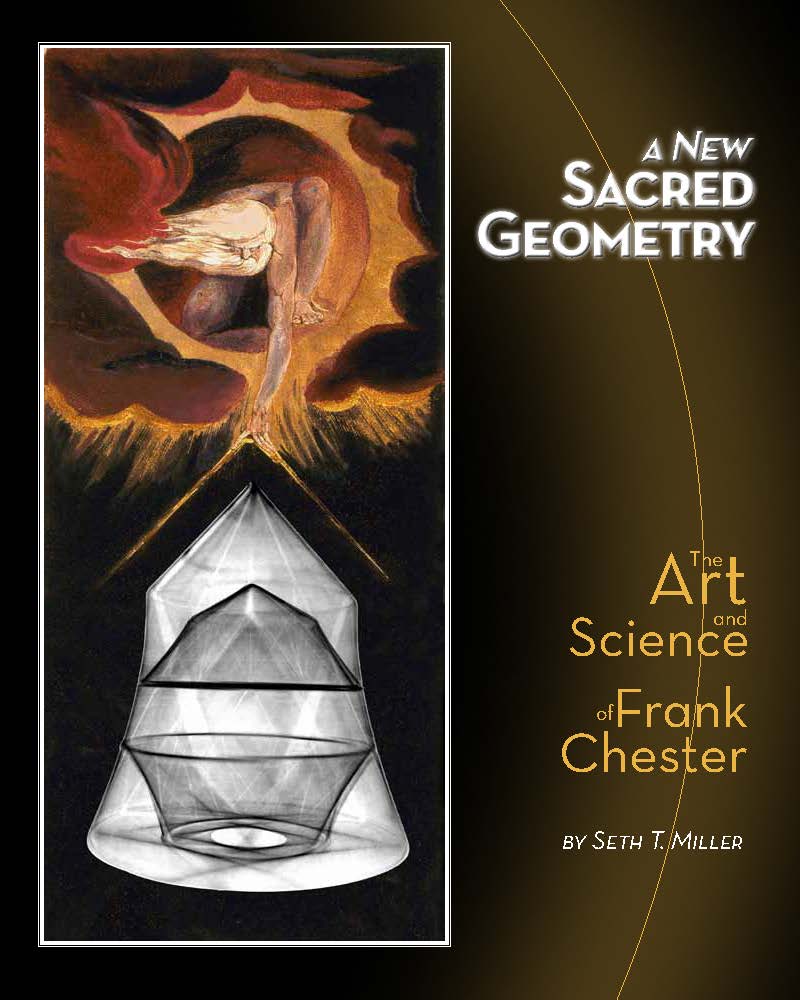Aug
06
2013
Let’s get right to it, shall we?
With respect to ontology, let us say that there is no “it,” no independent reality that is exclusive of the observer. This is a basic insight from second-order cybernetics: the observer must always be included in the observed. Despite this, of course, we do have much talk and...
Jan
22
2012
All the qualities of the physical world exist through the interrelations of things to each other. What Moleschott says is correct for physical existence: 'All existence is an existence through qualities. But there is no quality that does not exist through a relation.' Just as everything of a soul nature contains something in itself...
Mar
05
2011
To begin in the middle:
- There is no “it”, but there is talk about “it”. Ultimately the talk about “it”, the pointing to “it”, is more fundamental to “it” than anything else, because it is the RELATIONS that are primary: thingness is a subset of relatedness. Relations are not between two “things” but are...
Sep
17
2010
By Seth Miller
Full PDF
Everyone dreams, but few people find sufficient interest in their dreams to move beyond mere curiosity at their strange contents. Even many who work with dreams as a part of a transformative practice usually concentrate on their content, and only more rarely question their form, ontology, and origins. Exploring these aspects,...
Mar
11
2009
I've been thinking about the co-existence of multiple descriptions of reality lately. In particular, as someone who has taught high-school physics, I run up against a philosophical quandary when I'm presenting, say Newton's laws of motion. Am I presenting a lie to the students, because quantum mechanics and general relativity replaced the Newtonian physics?
On...


